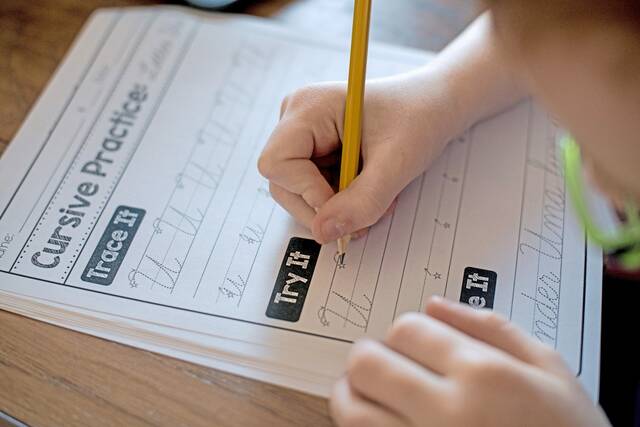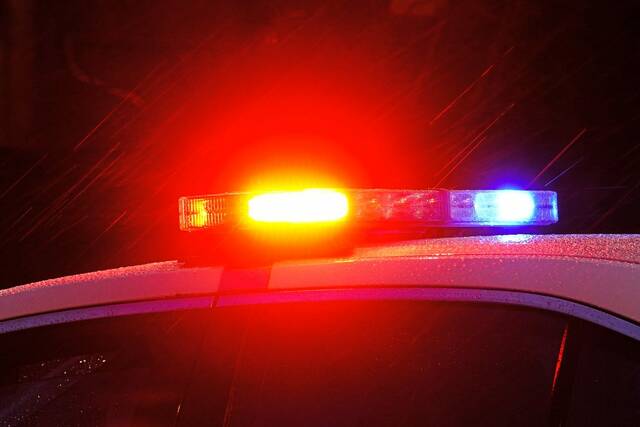A mysterious illness causing bird deaths has prompted the Pennsylvania Game Commission and the local Audubon Society to ask the public to take down their bird feeders.
“Out of an abundance of caution and in agreement with the Pennsylvania Game Commission, we advise people to remove their bird feeders (including hummingbird feeders) until we learn more about the cause of the problem,” the Audubon Society of Western Pennsylvania said in a statement released Thursday.
Although the mysterious disease hasn’t been documented in Southwestern Pennsylvania yet, environmental experts want bird feeding stations closed to prevent the potential spread of the avian malady.
Audubon has stopped selling birdseed, bird food and feeders at its nature stores.
Dead and dying birds by the hundreds have been found in at least 10 states: southeastern parts of Pennsylvania, Tennessee, Kentucky, Virginia, West Virginia, Maryland, Delaware, Indiana and Florida, according to Audubon.
In Pennsylvania, reports have been received from 27 counties, including Philadelphia, Bucks, Montgomery, Chester, Cumberland, Dauphin, Franklin, Lancaster, Lebanon, Perry, Schuylkill and York, according to the Game Commission.
The dead and dying birds found had crusting around the eyes, eye lesions and/or neurological problems causing head tremors or falling, the commission said.
Birds that have died of the mysterious illness include blue jays, European starlings, common grackles, American robins, northern cardinals, house finches, house sparrows, eastern bluebirds, red-bellied woodpeckers, Carolina chickadees and Carolina wrens.
The commission and Audubon are recommending that the public take the following precautions:
• Stop feeding birds and providing water in birdbaths until this wildlife mortality event has concluded to prevent potential spread between birds and to other wildlife.
• Clean feeders and birdbaths with a 10% bleach solution.
• Avoid handling dead or injured wild birds. Wear disposable gloves if it’s necessary to handle a bird.
• Keep pets away from sick or dead birds as a standard precaution.
• To dispose of dead birds, place them in a sealable plastic bag and discard them with household trash. This will prevent disease transmission to other birds and wildlife.
The commission urges the public to report any sightings of birds that have died and/or birds that have been seen with swollen and crusty eyes, as well as neurological signs such as stumbling and head tremors. Report the incident online at vet.upenn.edu/research/centers-laboratories/research-initiatives/wildlife-futures-program.








